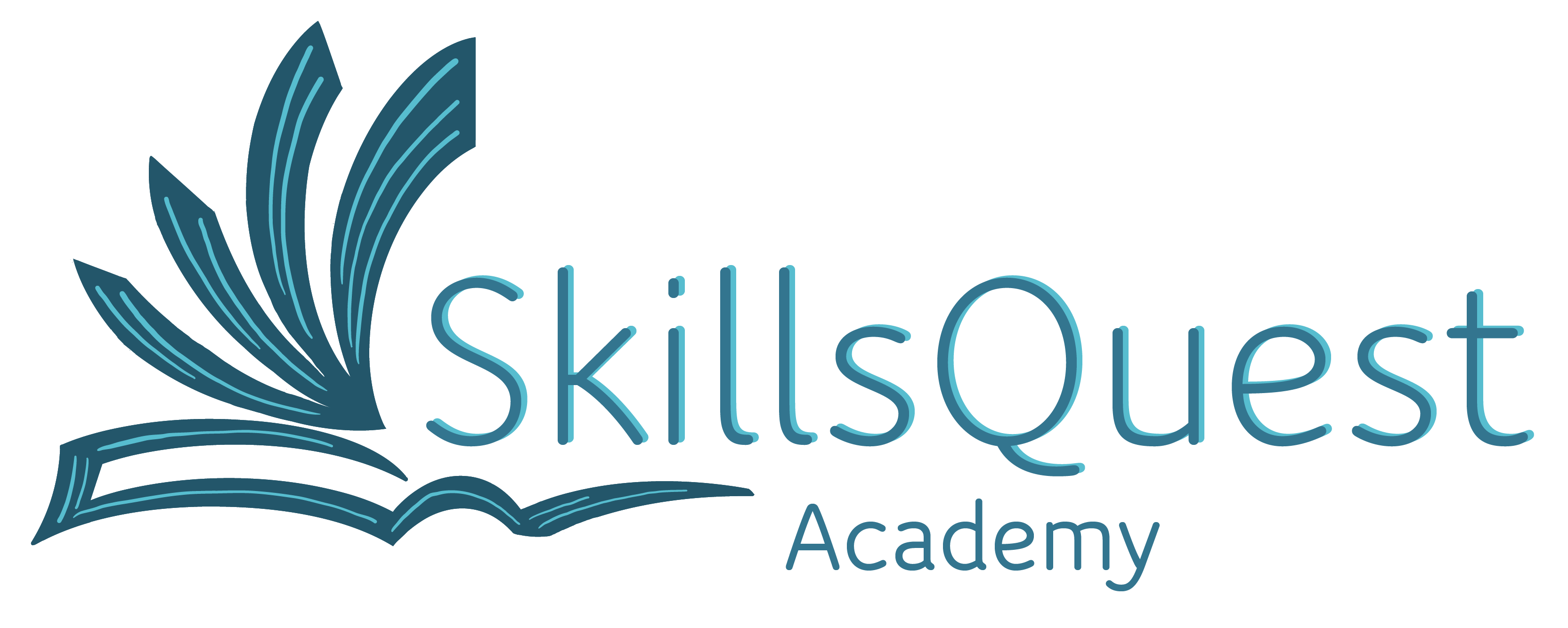Accredited Level 3 Sports Nutrition Diploma
Our body needs energy for basic functions like breathing, heart pumping, and internal organ operations. Increased muscle activity, such as walking or talking, demands extra energy from food, which is processed and either released or stored for future use. Understanding nutritional principles is crucial for those exercising, staying healthy, training others in sports, or aiming for peak performance in activities from marathons to tennis tournaments.
The course will cover a broad variety of topic areas including types of performance enhancers and meal planning to coach young athletes. Learning is enhanced in this course by encouraging learners to test their new knowledge to practise activities that can then be used on clients.
This course is thoughtfully structured into ten manageable units, each exploring key aspects of the field.
Accredited Level 3 Sports Nutrition Diploma Entry Requirement
Entry to this Accredited Level 3 Sports Nutrition Diploma requires that potential students have gained GCSE/IGCSE or equivalent qualifications and have, good English oral, reading and writing skills.
Advice on enrolment and guidance of prior learning (APL) can be obtained through our contact centre. The course is a rolling programme and can be started at any point in the year. Successful students can go on to Higher Education, including remaining as students at OLC to complete courses in our portfolio of higher awards.
All students must be aged 16 or over.
Assessment
The coursework is assessed through continuous assessment with no formal exit examinations.
Study Hours
Approximately: 200 hours of personal study time for the entire course is recommended. All of this is supported by the OLC Course Tutor, who we greatly encourage students to access support throughout their course.]
Accredited Level 3 Sports Nutrition Diploma Course Length
1 Year.
Awarding Body
AccordAI
Additional Recommended Text:
Nutrition, Health and Sport by Tutor Argon
Progression
This Accredited Level 3 Sports Nutrition Diploma can be used to gain entry to a Level 4 Diploma or higher.
Course Content
Module 1 – Dietary Nutrients
Good nutrition involves integrating healthy food into our daily lives. Concepts like “Energy Balance,” “Body Mass Index,” and “The Harris-Benedict Equation” are explored. Enjoying treats is acceptable, with an emphasis on control and balance between consumption and exercise. The essential dietary nutrients of carbohydrates, protein, fats, and oils are explained in-depth, relating to their impact on sporting performance. The Glycaemic Index and its connection to blood sugar levels are clarified. Strategies for maintaining a healthy fat intake and achieving dietary variety are also explored.
Module 2 – Performance Enhancers
Explore whether good nutrition alone suffices for peak performance or if performance-enhancing supplements are necessary. Evaluate the worth of products claiming to provide a competitive edge and examine the Reference Nutrient Index (RNI) as a guide. Discover potential harm from excessive vitamin intake, with a focus on vitamin A’s impact on a pregnant woman’s fetus. Delve into the role of vitamins, minerals, and antioxidants in health and performance. Discuss the efficacy of a myriad of sports products flooding the market and assess illegal supplements in sports, scrutinizing their claims and justifications.
Module 3 – Fluid Management
Recognise dehydration through feelings of unwellness and severe headaches. Adequate fluid intake is crucial for athlete health and performance. Explore topics like how much to drink for optimal hydration, issues with dehydration and heat stress. Examine various sports drinks (hypotonic, isotonic, hypertonic) compared to plain water. Consider non-alcoholic drink options like diet, carbonated, and caffeinated beverages. Assess the role of alcohol in athletes’ lives, acknowledging its impact on performance and potential issues.
Module 4 – Weight Management
Requirements
- Entry to this Accredited Level 3 Sports Nutrition Diploma requires that potential students have gained GCSE/IGCSE or equivalent qualifications and have, good English oral, reading and writing skills. Advice on enrolment and guidance of prior learning (APL) can be obtained through our contact centre.







